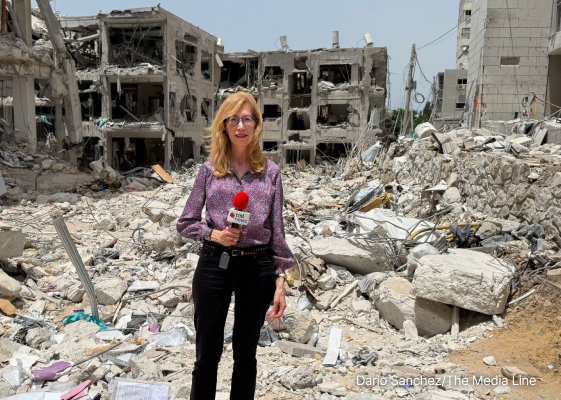Murdered Israeli Diplomat’s Faith Sparks Debate on Jewish Identity
The tragic murder of Israeli diplomat Yaron Lischinsky and his girlfriend Sarah Milgrim in Washington, DC, has not only shaken two communities but also opened a raw conversation about identity, faith, and belonging. The Media Line’s Maayan Hoffman reports that Lischinsky wasn’t just a diplomat—he was a Messianic Jew, part of a controversial group of Israelis who identify as Jewish and believe Jesus (Yeshua) is the Messiah.
With roughly 30,000 Messianic Jews living in Israel—many of them IDF veterans or active-duty soldiers—this small but integrated community continues to walk a tightrope between Jewish and Christian worlds. Lischinsky, raised partly in Germany before returning to Israel as a teen, served in the army, worked for the Foreign Ministry, and came from a deeply Zionist family. His faith didn’t stop him from being committed to Israel—but it has put him at the center of a larger cultural debate.
Give the gift of hope
We practice what we preach:
accurate, fearless journalism. But we can't do it alone.
- On the ground in Gaza, Syria, Israel, Egypt, Pakistan, and more
- Our program trained more than 100 journalists
- Calling out fake news and reporting real facts
- On the ground in Gaza
- Covering Israel, Syria, Lebanon
- More than 100 students
- Exposing fake news
Join us. Support The Media Line. Save democracy.


Messianic Jews are often rejected by mainstream Jewish institutions and barred from immigrating under Israel’s Law of Return. At the same time, they’re contributing to the country’s war efforts, raising millions in aid, and helping build homes for displaced Israelis.
So what does that make someone like Lischinsky? A Christian martyr? A Jewish soldier? A hybrid of both? Depending on who you ask, the answer varies. But what’s clear—from the passion of those interviewed by Hoffman to the profound grief following the killings—is that this story is much bigger than one label.
To explore how faith, heritage, and Israeli identity intersect in complicated and very human ways, read Maayan Hoffman’s full report. It’s a story that refuses to fit neatly into any one box—and neither did Yaron.

